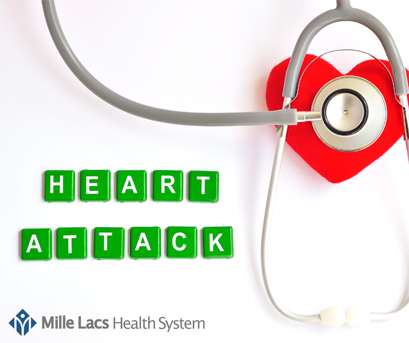Winter brings a greater risk for heart attack
January 6, 2023
The heart is an amazing organ. It beats on average over 100,000 times per day, pumping over 2,000 gallons of blood through 60,000 miles of blood vessels in your body.
According to the CDC, every 40 seconds someone in the United States suffers from a heart attack. Shockingly, about 1 in 5 heart attacks are silent - the damage is done, but the person is not aware of it.
A heart attack occurs when the flow of blood to the heart is severely reduced or blocked. The blockage is usually due to a buildup of fat, cholesterol, and other substances in the heart (coronary) arteries.
Research shows that more heart attacks occur during the winter months, and occur more often in the morning versus later in the day.
It’s important to be aware of the symptoms of a heart attack, such as: discomfort/tightness/pressure in the chest, arm, back, or neck; excessive sweating; shortness of breath; nausea or vomiting; or dizziness.
Many risk factors can lead to heart attacks such as: high blood pressure or cholesterol, diabetes, obesity, genetics, tobacco use, or extreme stress. Heart attacks occur almost equally across all ethnicities.
To reduce your risk of heart attack start by addressing the risk factors mentioned above such as maintaining a healthy blood pressure and cholesterol, eating healthy, and getting plenty of exercise which should also help in maintaining a healthy weight, quitting any tobacco use, and reducing stresses in your life.
In addition, keep alcohol intake down, and get plenty of good quality sleep.
If you have concerns regarding any of the risk factors for heart attack, it’s time to schedule an appointment with your medical provider. If you think you’re experiencing symptoms of a heart attack do not hesitate, and seek medical attention immediately.
